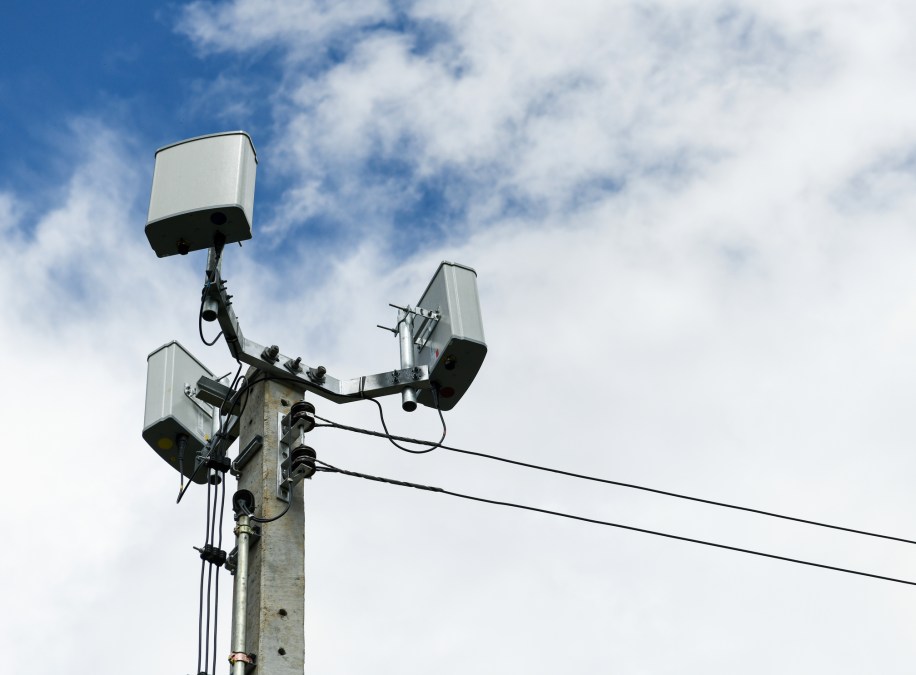Proposals to fund overseas 5G projects set aside by House lawmakers

Legislative proposals to support the construction of 5G infrastructure in central and eastern Europe have been set aside by House lawmakers, FedScoop understands.
The Transatlantic Telecommunications Security Act was passed to the House Committee on Foreign Affairs in August, but has since been paused because of disagreements over the cost of the proposals, according to sources.
The bill text was intended to incentivize investments in non-Huawei 5G equipment in the region, and to help federal agencies improve the security of overseas telecoms systems. The text included a provision for projects to be funded through the Three Seas Initiative Investment Fund.
Senate lawmakers continue to consider companion legislation, which was introduced late last month by Senator Portman.
The House bill text, which was proposed by Representative Kaptur, D-OH., sought to provide political and financial support for countries including Albania, Greece, Hungary and Kosovo that would counter the influence of China.
It was reintroduced in May, after previously faltering during the last legislative session in December 2020, when it was referred to the House Foreign Affairs Committee but never taken up.
Representative Kaptur, D-OH., said: “By delivering the national security financing for secure digital infrastructure and diplomatic support – including for the Three Seas Initiative – the U.S. will further protect our Central and Eastern European allies from the malign influence of those seeking to undermine security, stability, and democracy.
“The proposals put forward in both chambers are a significant step in the right direction, and with bipartisan, bicameral support – we remain optimistic these investments will be deployed soon,” she added.
If enacted, the text of the proposed House bill would have required the Secretary of Commerce and the leaders of agencies including the U.S. International Development Finance Corporation and the Trade and Development Agency to prioritize and provide political and diplomatic support for countries in Europe seeking to build 5G infrastructure.
A spokesperson for the House Committee on Foreign Affairs did not respond to a request for comment.






